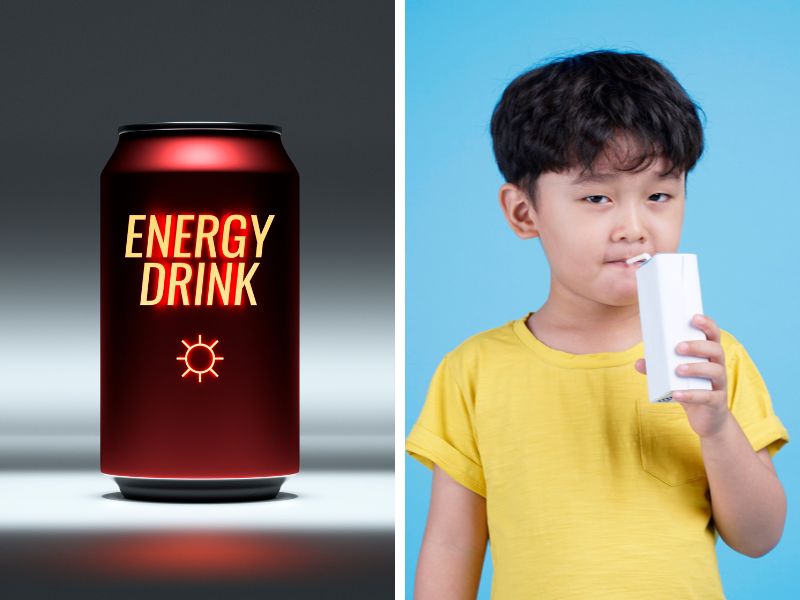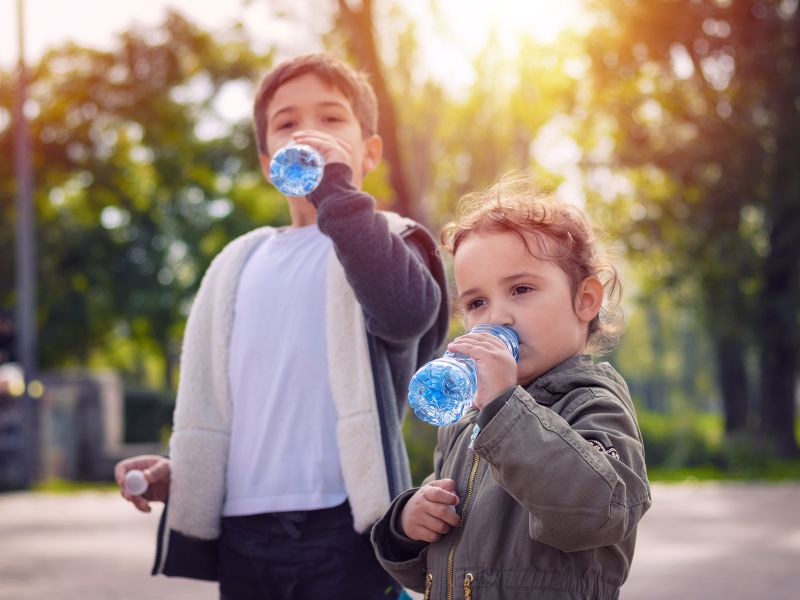Energy drinks have gained immense popularity recently, especially among teenagers and young adults. However, the safety of these beverages, particularly for children, has become a topic of concern. Experts in pediatrics and nutrition have conducted extensive research to assess the potential risks associated with energy drink consumption in kids.
Caffeine Content
One of the primary concerns surrounding energy drinks is their high caffeine content. Most energy drinks contain significantly higher levels of caffeine than other beverages like soda or coffee. Excessive caffeine intake can lead to a range of health issues in children, including restlessness, heart palpitations, and disrupted sleep patterns. For this reason, many experts recommend that children avoid energy drinks altogether.

Canva. com
Sugar And Artificial Additives
In addition to caffeine, energy drinks often contain high levels of sugar and various artificial additives. Excessive sugar consumption can contribute to weight gain, dental issues, and an increased risk of developing type 2 diabetes. Moreover, the presence of artificial colors, flavors, and preservatives can lead to adverse reactions in some children, particularly those with sensitivities or allergies.
Effects On Developing Bodies
Children’s bodies are still growing and developing, and introducing high levels of caffeine and sugar can have more pronounced effects on them than adults. The stimulating properties of energy drinks can potentially interfere with standard growth patterns, disrupt hormonal balance, and lead to behavioral issues in some children.

Canva. com
Potential For Addiction
Regular consumption of energy drinks at a young age may lead to a higher tolerance for caffeine, potentially setting the stage for later caffeine addiction. This dependency can have severe consequences for a child’s physical and mental health, as well as their academic and social well-being.
